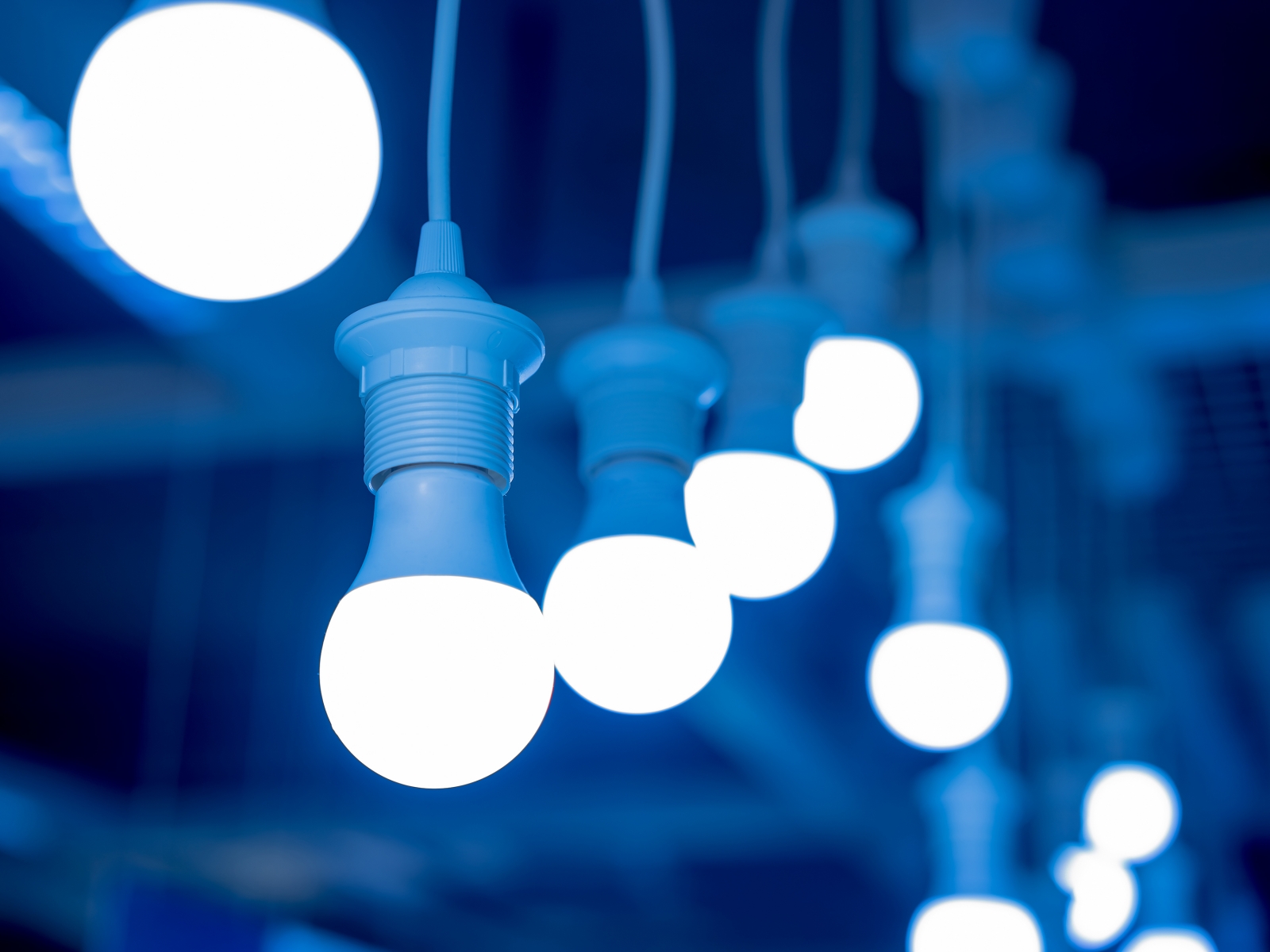Did you know in the average U.S. home, lighting can use more energy than your laundry equipment, refrigerator, and dishwasher combined?
Why you should use ENERGY STAR®
The average household has approximately 70 light bulbs. An ENERGY STAR® certified light bulb uses about 70 to 90 percent less energy and lasts 10-25 times longer. If every household replaced just one light bulb with one that has earned the ENERGY STAR, we would save enough energy to light 2.6 million homes for a whole year and prevent greenhouse gas emissions equivalent to that of 648,000 vehicles.
|

|
3 ways to select the right LED for the right room infographic
Click image for larger version, or download the PDF.
|
Lighting Tips
- You can save up to $5 per month by replacing your five most-used light bulbs to ENERGY STAR certified LEDs. The more bulbs you change, the more you'll save.
- Turn off lights when they are not in use. Consider using timers to reduce the amount of time your lights are on.
- Use task lighting. Focus the light where you need it so you are not brightly lighting an entire room.
- Use dimmers, motion sensors or occupancy sensors to automatically turn on or off lighting as needed.
- Turn off your outdoor lights or use a timer so they are not left on during the day.
- The outdoor porch light is one of your home's most used fixtures, so replace any incandescent bulbs with ENERGY STAR certified bulbs rated for outdoor use. They come in a variety of styles and finishes, and many include features such as a motion sensor or automatic daylight shut-off.
- Three-way lamps make it easier to keep lighting levels low when brighter light is not necessary.
- During the winter, open the curtains on your south-facing windows on sunny days to allow the sun to naturally heat your home.
- Close the curtains and drapes at night to retain the heat.
What is an LED?
- Light emitting diodes, or LEDs, are small light sources that are illuminated by the movement of electrons through a semiconductor material.
- LEDs are exceptionally energy efficient when producing individual colors, many using up to 90% less energy than an incandescent bulb to produce the same amount of light.
- The benefits of LEDs include:
- Less frequent bulb replacements
- Improved color and quality of light
- Produce much less heat
- Performance and savings independently certified



